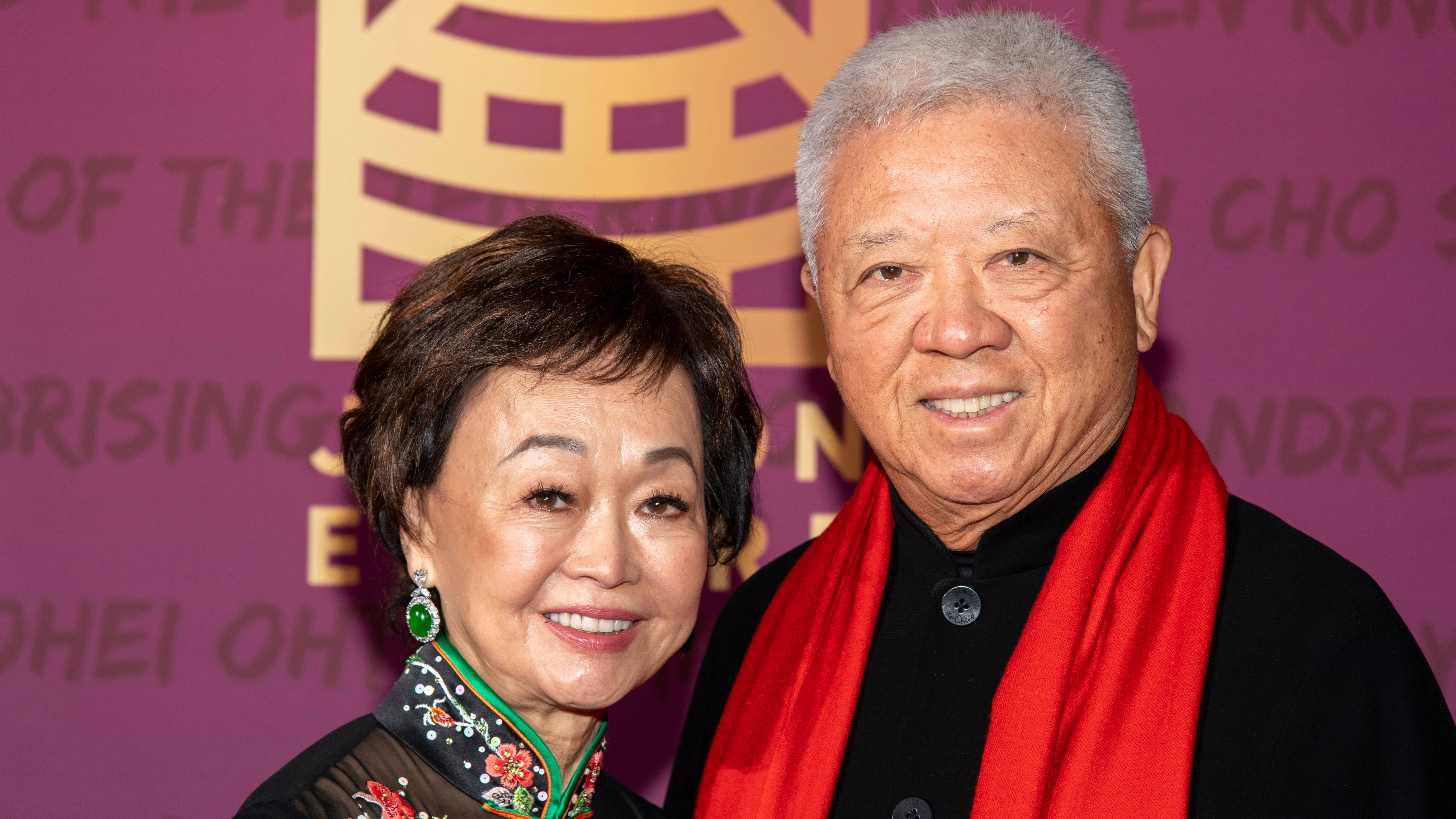It’s official: The Trail Blazers will have new ownership. They’ll soon begin negotiations for a new (or renovated) arena. And the concourse will probably feature a Panda Express.
The estate of the late Paul Allen announced Friday that the team—purchased by Allen for $70 million in 1988—will be sold to a group led by Dallas-based investor Tom Dundon, who already owns the Carolina Hurricanes pro hockey team.
That’s a confirmation of what was already well known. But a new wrinkle to the sale emerged Friday as well, with the addition of the Cherng Family Trust, the investment firm of Panda Express founders Peggy and Andrew Cherng, to the initially reported group. Peggy Cherng has a connection to the state, having graduated from Oregon State University in 1971. The Cherngs, with a combined net worth of $7.5 billion, according to Forbes, now become the wealthiest faction in Dundon’s group, which includes Marc Zahr and Sheel Tyle, who like Dundon have backgrounds in private equity. Tyle is a Portland resident whose wife, Sejal Hathi, is the director of the Oregon Health Authority.
Every profile of the Cherngs appears obligated to note that they made their fortune by selling 90 million pounds of orange chicken each year. But the couple have proven themselves astute observers of cultural tastes, and Andrew Cherng’s roots in China—he was born in Yangzhou in 1948, the year before the end of the Chinese Civil War—are of note given the Blazers’ newly minted status as one of the most popular teams in that country following their acquisition of center Yang Hansen on draft night in June. Yang, the only Chinese-born player selected in the first round in nearly 20 years, instantly became a cultural and economic force in his own right, and the Cherngs, with intimate knowledge of the market forces at play, have now bought into the Blazers at the start of what may turn out to be a watershed moment for the team and league.
The Allen estate’s official statement emphasized that the new ownership group intends to keep the team in Portland, as had been indicated when news of the sale first broke in mid-August.
The Oregonian was first to report that the final sale figure would be north of $4 billion, double the $2 billion offer that the estate and Allen’s sister, Jody, were widely panned for having turned down from Phil Knight in the summer of 2022. The proceeds of the sale will be donated to charity, as was stipulated in Allen’s will.
Jody Allen and Bert Kolde, Paul Allen’s longtime right-hand man, have taken a lot of heat in the press since taking over the team following Allen’s death in 2018, including some sort of laughable stuff printed in the New York Post about their refusal to sell the team to Knight for a lowball offer. A lot of this has been self-imposed, as they either have no feel for media relations or just genuinely don’t care what people say about them. But they came into a very difficult situation and, on the whole, have left the team in a better place than they found it.
The next five years or so will be dominated by debates around the team’s arena, and whether the league and local power brokers can arm-twist voters into funding the construction of a brand-new one. This debate doesn’t exist in a vacuum, as the entire Northeast section of the central city around the stadium is expected to be transformed through the work of Albina Vision Trust—a nonprofit working in partnership with 1803 Fund, an investment fund launched with $400M in seed capital from Phil and Penny Knight—as well as the maligned Interstate 5 Rose Quarter Project, which, according to the Oregon Department of Transportation, will come with a $2 billion price tag.
Portland is entering a period of profound transformation, and the Blazers—for better or worse—will be front and center.
Correction: This story initially misidentified the recipient of a donation from Phil and Penny Knight. It is 1803 Fund, not Albina Vision Trust. WW regrets the error.

